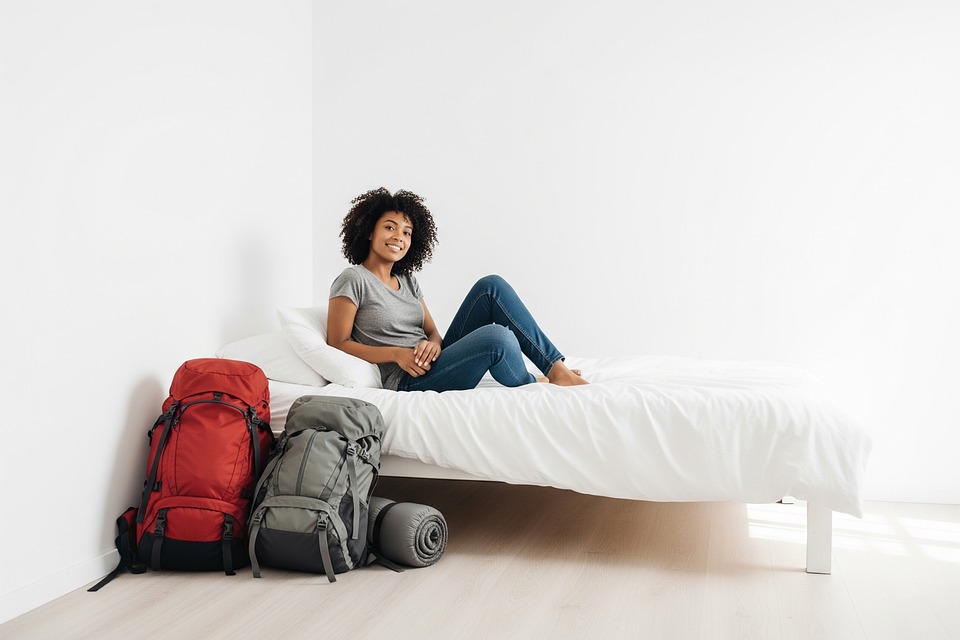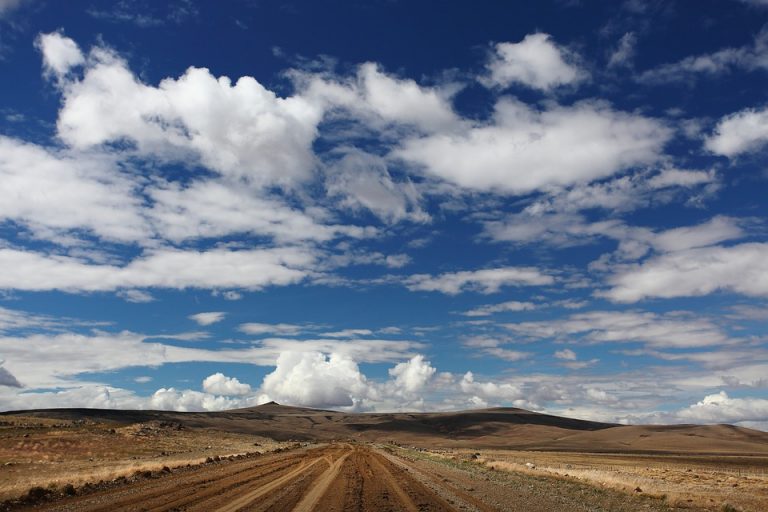Solo travel tips are your fast track from trepidation to triumph: clear, practical moves that change a nervous trip into an unforgettable journey. Solo travel tips mean learning how to protect your time, meet people on your terms, and come home braver. This matters because your life gets richer when you choose the map and follow it with confidence.
Solo travel is not about escaping; it’s about choosing yourself. That choice deserves honest, experienced guidance. I’ll give you seven sharp, smart strategies—backed by research, seasoned voices, and real-world tricks—that will leave you ready to travel alone and love it.
Contents
- Solo Travel Tips To Start Boldly
- 1. Plan With Purpose: Pick Places That Match Your Energy
- 2. Pack Smart, Not Light
- 3. Build A Trustworthy Routine
- 4. Make Safety Nonnegotiable
- 5. Meet People On Your Terms
- 6. Finance Wisely: Protect Your Money, Protect Your Trip
- 7. Practice Joyful Loneliness: Make Alone Time Feel Like a Gift
- Bottom Line
- FAQ
Solo Travel Tips To Start Boldly
You don’t need gimmicks. You need systems. These solo travel tips are the systems that keep you safe, curious, and free. I learned the hard way that structure doesn’t kill spontaneity; it unlocks it.
Science shows solo travel can boost creativity and resilience. A study from a major university found that new environments spark cognitive flexibility, which means your brain solves problems faster and sees connections you missed before. Combine that with a few streetwise practices and you’ll move through the world like you belong.
1. Plan With Purpose: Pick Places That Match Your Energy
Choose one destination that matches how you want to feel. Do you crave solitude, food, nightlife, or nature? Picking the right vibe reduces friction the minute you arrive.
Make a short planning list: safety basics, one must-see, one place to eat, and a backup plan for weather. Research from reputable travel health sites advises checking local safety advisories and health requirements before you go. That tiny homework session prevents panic later.
If you want company, look for hostels that run group dinners or day tours. If you want quiet, aim for smaller towns or midweek stays. You’re designing your trip to fit your nervous system, not a postcard.
2. Pack Smart, Not Light
Good packing is a sermon: less is more, but bring the essentials. A small first-aid kit, a lightweight rain shell, a portable charger, and copies of documents change a stressful dose of reality into a manageable hiccup.
Lockable bags and a simple travel-safe wallet cut the most common risks. Research on theft prevention suggests that visible security measures deter opportunistic thieves. Carry your valuables close and keep backups in separate places.
Bring one special item that comforts you—a silk scarf, a favorite playlist, a paperback. Comfort lowers cortisol. When your body relaxes, your instincts sharpen.
3. Build A Trustworthy Routine
Routines aren’t boring; they are reliability you pack in your suitcase. Establish small rituals: morning coffee at the same cafe, journaling for five minutes, checking in with someone at the same time every day.
These habits anchor you mentally and physically. A 2019 psychology review shows that predictable routines reduce anxiety and improve decision-making under stress. When travel throws curveballs, your routine is your home base.
Use technology: set one daily check-in with a friend, share your live location, and keep a note with emergency contacts. These small moves build a safety net without shrinking your independence.
4. Make Safety Nonnegotiable
Safety has edges—practical steps you don’t skip. Learn basic local laws and cultural norms before you go. Register with your embassy if you’re traveling far, and keep digital copies of your passport and insurance.
Trust your instincts. If a situation feels off, leave. Studies in decision science highlight that rapid intuition often flags real danger. Your gut is a protective mechanism; listen to it.
When meeting people, choose public, populated places. Use transportation apps instead of flagging taxis on the street when possible. And drink mindfully—intoxication weakens judgment, and judgment is your best travel tool.
5. Meet People On Your Terms
You don’t have to be extroverted to connect. A short, honest opener goes farther than a rehearsed pickup line. Try: “I’m new here—what’s your favorite thing to do in this neighborhood?” It’s simple, curious, and shareable.
Use structured meetups: walking tours, cooking classes, or group hikes. Organizations like local cultural centers and guided tours create safe social scaffolding that helps you meet others who are also open to conversation.
If you want deeper connection, consider staying with a host or using a home-share service for part of your trip. Research from social psychology suggests that shared activities create stronger bonds faster than small talk alone. Plan one shared experience every few days and let friendships build naturally.
6. Finance Wisely: Protect Your Money, Protect Your Trip
Money stress kills joy. Protect your funds with a layered approach: one card in your wallet, one hidden backup, and a small stash of cash. Notify your bank about travel dates to avoid frozen cards.
Use a travel card with low foreign transaction fees and a bank that offers easy digital access. Studies show digital banking reduces friction and errors for travelers. Keep receipts and photo copies of important transactions; a good picture beats a panicked memory.
For extra protection, use a money belt for crowded places and split funds between pockets or bags. Money is often a security issue more than a convenience issue—treat it like the lifeline it is.
7. Practice Joyful Loneliness: Make Alone Time Feel Like a Gift
Alone doesn’t mean lonely. Plan activities that honor solitude: long museum visits, slow meals, a walk where you simply notice details. When you choose solo activities intentionally, solitude becomes a luxury rather than a consolation prize.
Psychological research into solitude shows it can enhance creativity, emotional regulation, and self-knowledge when it’s voluntary. Turn alone time into a practice: bring a notebook, ask big questions, and give yourself permission to change plans when curiosity strikes.
Balance group outings with solo hours. That rhythm will keep you curious and energized.
Practical Tools To Carry
- A compact first-aid kit and a list of local emergency numbers.
- A lightweight power bank and universal adapter.
- Offline maps downloaded to your phone and a paper map as backup.
- Travel insurance that covers medical evacuation; check university or government pages to compare plans.
- A translation app and a pocket phrasebook for local basics.
How Experts Advise Traveling Solo
Seasoned travel writers, travel medicine experts, and psychologists all echo the same core: prepare thoughtfully, protect your baseline needs, and prioritize human connection. The Centers for Disease Control and Prevention recommends staying updated on vaccinations and local disease risks before traveling. Travel writers from reputable outlets advise starting with shorter trips to build confidence.
When you combine expert guidance with practical preparation, solo travel stops being risk and becomes an investment in your confidence.
Bottom Line
Solo travel tips are the layering of courage and common sense. When you plan with purpose, pack with intention, build small routines, and protect your safety and finances, you unlock the kind of freedom that changes how you see the world and yourself.
Go. Be deliberate. Be curious. Come home with stories that matter.
FAQ
Is solo travel safe for women?
Yes—solo travel can be safe when you use proven precautions: research your destination, register with your embassy, keep digital copies of documents, and trust your instincts. Health experts and travel advisories provide up-to-date info you can use to make safer choices.
How do I handle loneliness on the road?
Plan a mix of structured social activities and meaningful alone time. Join tours, book short stays in communal lodgings, and schedule daily rituals—like journaling or a coffee break—that ground you. Treat solitude as a practice and not a punishment.
What’s the best way to meet people while traveling solo?
Choose organized experiences: classes, guided tours, local meetups, or volunteer opportunities. Shared activities create natural conversation and reduce awkwardness. Keep your boundaries clear and meet in public places.
Do I need travel insurance?
Yes. Travel insurance that covers medical emergencies and evacuation is a smart safety net. Medical costs abroad can be unpredictable; insurance reduces financial risk and provides access to recommended care.
Visual lien and to paragohras an
References
- The Centers for Disease Control and Prevention provides travel health recommendations and destination-specific advice to help travelers prepare for trips (http://www.cdc.gov/travel).
- Johns Hopkins University Center for a Livable Future discusses how new environments stimulate creativity and cognitive flexibility, useful for understanding solo travel benefits (http://www.jhu.edu).
- World Health Organization offers international travel regulations and health advice that travelers should consult before departure (http://www.who.int).
- U.S. Department of State allows travelers to enroll in STEP for embassy notifications and travel safety resources (http://travel.state.gov).
- A major psychology review on routines and mental health explains how predictable habits reduce anxiety and help decision-making under stress (http://www.apa.org).








